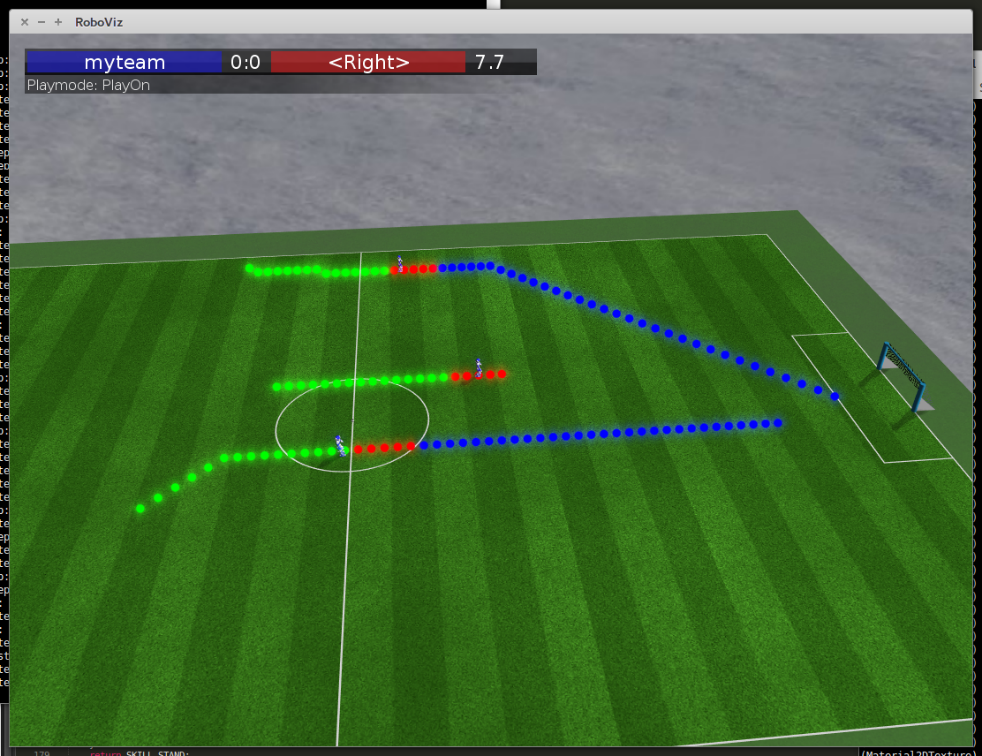Computational Biology Paper
During my first year at UT I had the opportunity to take part in the Freshman Research Initiative (FRI), a program that provided freshman with introductory research experience. I was placed into the computational biology stream where I learned about how biologists and computer scientists used programming to simulate biology and evolution. Although it was an interesting class, I ended up choosing to not continuing to participate in the program. I did however write a research paper at the end of the semester with 2 other students. Given that I was still a freshman, I am very proud of the paper and had fun working with the other students. If you'd like to read it, you can find it here.

